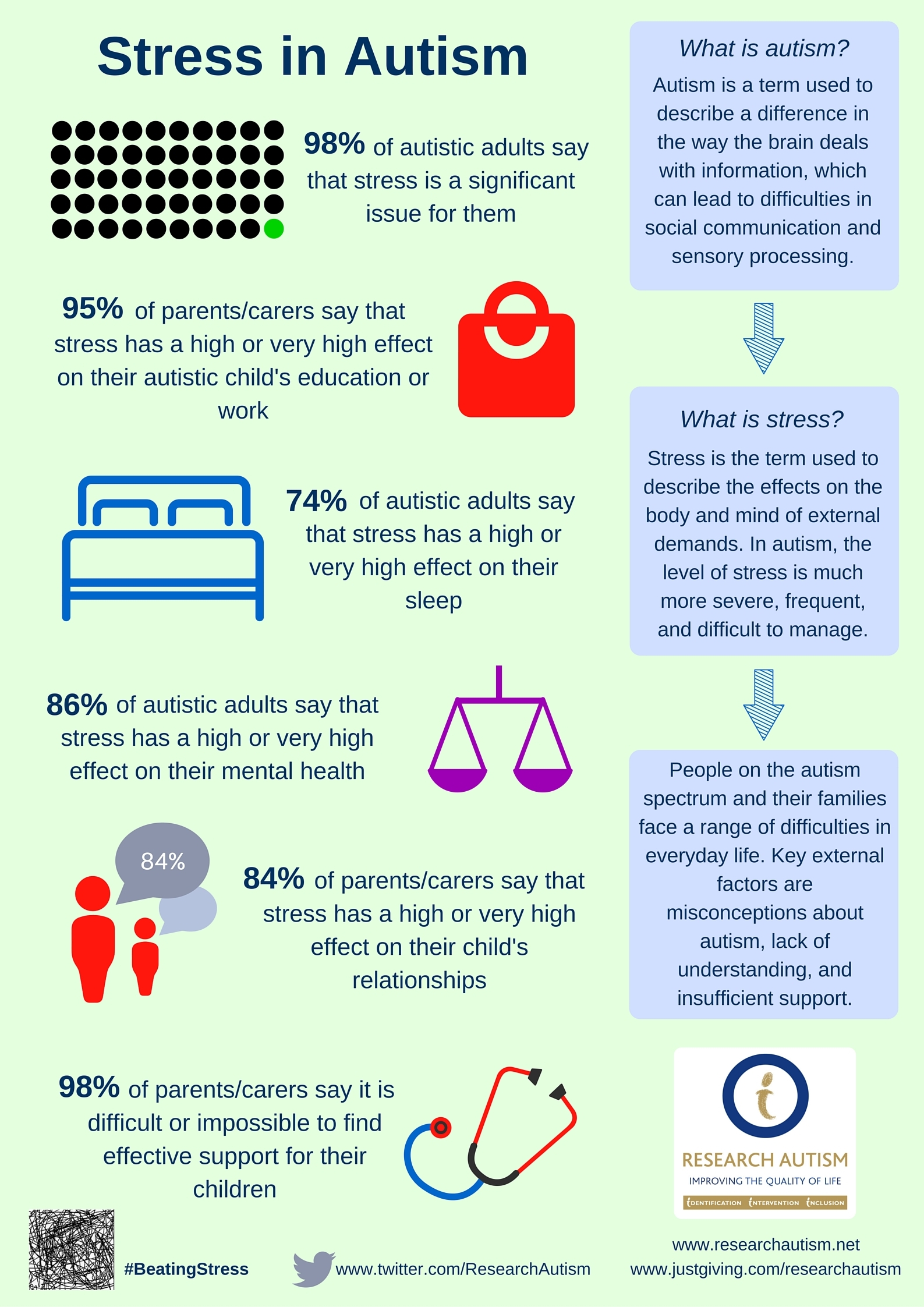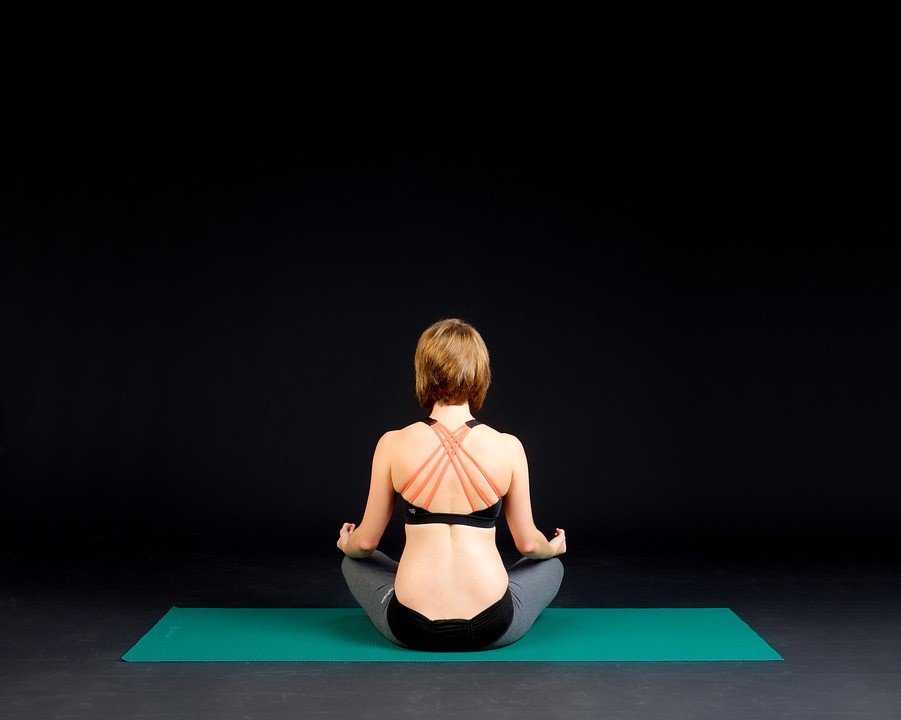New research raises alarm on a nation in overdrive – Brits’ ‘always-on’ approach to life sees them squeezing an extra 90 minutes to the day
Only 1 in 20 of us pauses to take a proper break during the day, compared to 60% 20 years ago
In 1997, over half of the nation felt their life wasn’t stressful compared to only 11 per cent of Brits who feel the same way today
Over half of the nation is bearing the brunt of living an ‘always-on’ lifestyle and experiencing severe health problems in turn, reveals a new research into the lives of over-active Brits by Bupa.
The study that examined how our lifestyles have shifted over the past 20 years reveals that only five per cent of the nation now takes time out to relax. Despite waking up at 6.30am and going to sleep at 10.40pm, the average Brit tries to fit in an extra hour and a half into their day, stretching it out by 90 minutes and often being active right up until the point we fall asleep.
And while we might think that we are being more productive in the short-term, piling on more tasks than the hours can take can have a noticeable impact on our health. Among the surveyed Brits, more than half confessed to suffering from illness, injury or other related issues as a result of trying to do too much.
As a result of our failure to pause and relax, we are living away our years married to stress. While in 1997, over half of the nation felt life was stress-free, only 11 per cent feel the same way today.
Brits have forgotten to take proper breaks during the day the old-fashioned way –reading a newspaper, glancing at nature or simply enjoying some shut-eye. In 1997, over half (60 per cent) of Brits took a proper break, however the same proportion of people today prefer filling that time with things such as updating social media, checking work emails, or exercising in their spare time.
It is no surprise then that the average time spent online in 2017 is almost two and half hours, compared to only 16 minutes spent browsing on the Internet in 1997, and the time spent checking emails has shockingly more than tripled over the past 20 years.
If we continue with our fast-living lifestyle, over half of the nation (64 per cent) fears there will be even less time to rest, recover and repair in the next five years.
We have on hand Bupa’s Medical Director, Dr. Luke James to chat us through the state of the nation’s lifestyles and why it is vital to make time to pause and relax.
PATIENT TALK: And Luke, can you chat to us through the research findings? How have our lifestyles changed over the last 20 years?
LUKE JAMES: So our new research carried out by Bupa shows more and more people are taking on an ‘always’ approach to life which sees us trying to squeeze an extra 90 minutes of activity into a 16 hour waking day; and when we compare it to years ago, we’re not taking any time to pause and relax during the day.
PATIENT TALK: And what are the short term and long term implications of continuing on this ‘always’ lifestyle?
LUKE JAMES: We know that stress, anxiety and depression can be consequences of overwork and not taking time out. It’s a complex picture and we know that it’s also associated with other medical problems such as obesity or cardiovascular disease, risk in diabetes; it’s really important to be able to take a step back, review both your mental health and physical health, set some realistic goals, book a health review, book a physio appointment for that niggling back pain and you’ll really get a benefit from that.
PATIENT TALK: How is the concept of ‘taking a break’ evolved over the years?
LUKE JAMES: Twenty years ago, taking a break may have involved reading a newspaper or stopping to have a cup of tea, whereas today with the rise in technology that can kind of be a multitasking situation where you’re answering emails, surfing the internet, accessing social media accounts and there’s a real feeling that we’re missing out if we’re not always switched on and that can be damaging in the longer term.
PATIENT TALK: Now, working Brits aside, are stay at home parents and children, equally piling on more tasks than hours can fill?
LUKE JAMES: Absolutely. Our research shows that no matter what we’re doing, modern day life are opting to fill those moments of down time with other things and that’s exercising, socialising, looking at our phones, all of that so it doesn’t matter whether you’re stay at home or working population, this is a problem throughout.
PATIENT TALK: And how can we fine tune our lifestyle to prevent the inevitable burnout?
LUKE JAMES: We’re not suggesting everybody is the same and everybody has to make huge lifestyle changes, but it’s about small steps really. Identifying a few areas in your lifestyle that you can start with, maybe you look at reducing your devices or reducing your multitasking time. Instituting a device down time is a great start especially at home and trying to avoid screen time in the evening wherever possible which can obviously affect things like sleep. If diets are something that you have goals in place for, then planning in advance for the working week, (and the planning is really crucial) making sure you take lunch, maybe just building that into your week as well is really important. And finally, probably worth mentioning: mindfulness. Taking a bit of down time to really help your mental health and resilience is really important.
PATIENT TALK: So Luke, what should we do if something goes wrong?
LUKE JAMES: Our research is showing that 90% of Brits are pushing themselves very hard. They hurt themselves or become ill and more importantly, it’s that delay in getting that advice and help due to our busy lives and our demands of our busy lives that can cause a problem. For example, we put off booking a physio appointment for back pain, which is a result that may take longer to recover. So taking a step back, looking at some of the things you can do around a health assessment, a health review with various different products from Bupa that will look at where you are at that point in time and give you some goals to really improve your health and lifestyle. If you’ve got back pain or a muscular skeletal problem, booking a physio appointment. We also have GP services; if there’s something that’s concerning you, we offer the convenience of an appointment at a convenient time for you. All those services are available and it is important to address anything that is bothering you because it’s better to sort it out early on.
PATIENT TALK: Where can people go for more information?
LUKE JAMES: If you type Bupa ‘Pay As You Go’ into a search engine, that’ll come up with all the research information and also identify for you, those services that we offer such as GP appointments, health assessments, physio appointments which you don’t need insurance for and you can just pay as you go.





